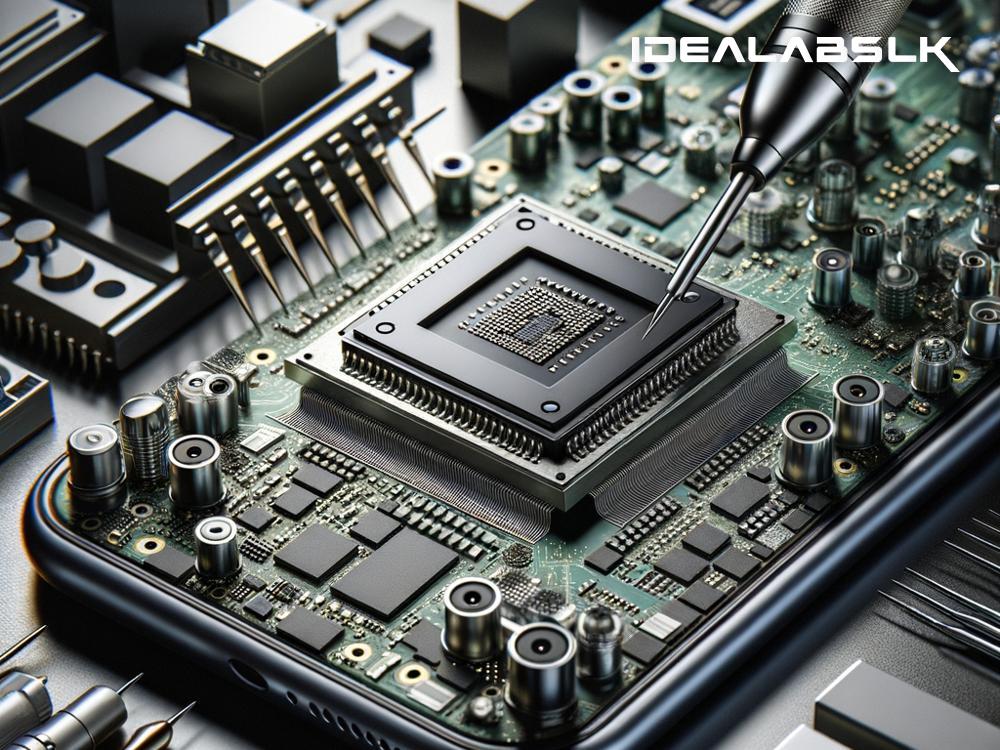Exploring the Use of Microprocessors in Smart Devices
In the world of technology, we’re surrounded by amazingly smart devices. From the phones in our pockets to the watches on our wrists and the thermostats in our homes, each of these devices has something in common: microprocessors. But what exactly are microprocessors, and why are they so crucial in making devices smart? Let's dive into the fascinating world of microprocessors and discover how they breathe life into smart devices.
What is a Microprocessor?
Imagine a tiny brain that can think, make decisions, and remember things. That's essentially what a microprocessor is, but for electronic devices. It's a miniature computer on a single chip, orchestrating all the functions of the device it's embedded in. Whether it's processing your commands, running apps, or managing battery life, the microprocessor is at the heart of it all.
The Role of Microprocessors in Smart Devices
- The Brains Behind the Operations
Every smart device requires a central processing unit (CPU) that interprets and executes instructions. That's the job of the microprocessor. It performs calculations, processes data, and ensures your device operates smoothly and efficiently. Whether you're swiping through your social media feed, checking your heart rate on a smartwatch, or adjusting the temperature on a smart thermostat, the microprocessor is working tirelessly behind the scenes.
- Power Efficiency
One of the great challenges in designing smart devices is ensuring they don’t drain their batteries too quickly. Microprocessors are designed to be incredibly power-efficient, enabling your devices to last longer between charges. This is why your smartphone can go a whole day on a single charge, even with frequent use.
- Connectivity and Communication
In today's interconnected world, smart devices need to communicate with each other and the internet. Microprocessors enable this by managing wireless connections such as Wi-Fi, Bluetooth, and cellular networks. They handle the data received and sent, making sure that your smartwatch can sync with your phone, and your smart home devices can be controlled remotely.
- Adaptability and Updates
One of the coolest things about smart devices is their ability to get better over time. Microprocessors allow for software updates that can introduce new features, improve performance, and enhance security. This adaptability means your device can evolve, staying up to date with the latest technologies and standards.
The Future of Microprocessors in Smart Devices
The future looks incredibly bright for microprocessors in smart devices. As technology advances, we can expect microprocessors to become even more powerful, more power-efficient, and smaller. This will enable a new generation of even smarter, more capable devices. We might see innovations like truly intelligent homes that anticipate and adapt to our needs, wearables that provide real-time health diagnostics, and much more.
Moreover, with the rise of artificial intelligence (AI) and machine learning, microprocessors are being designed to handle complex AI algorithms. This will empower smart devices to learn from our habits, make intelligent decisions, and offer more personalized experiences.
Conclusion
Microprocessors are the unsung heroes of the smart device revolution. They've transformed simple gadgets into powerful, intelligent companions that enhance our daily lives. As technology continues to advance, the capabilities of these tiny chips will only expand, opening up new possibilities and redefining what smart devices can do.
So, the next time you marvel at the latest smart device, remember the microprocessor inside. It's the tiny brain that makes all the magic happen, making our devices not just smart, but truly intelligent.

